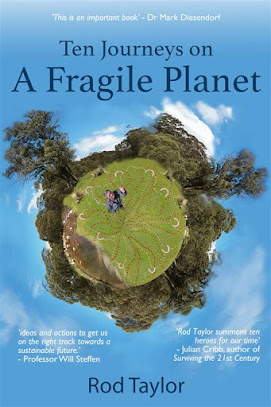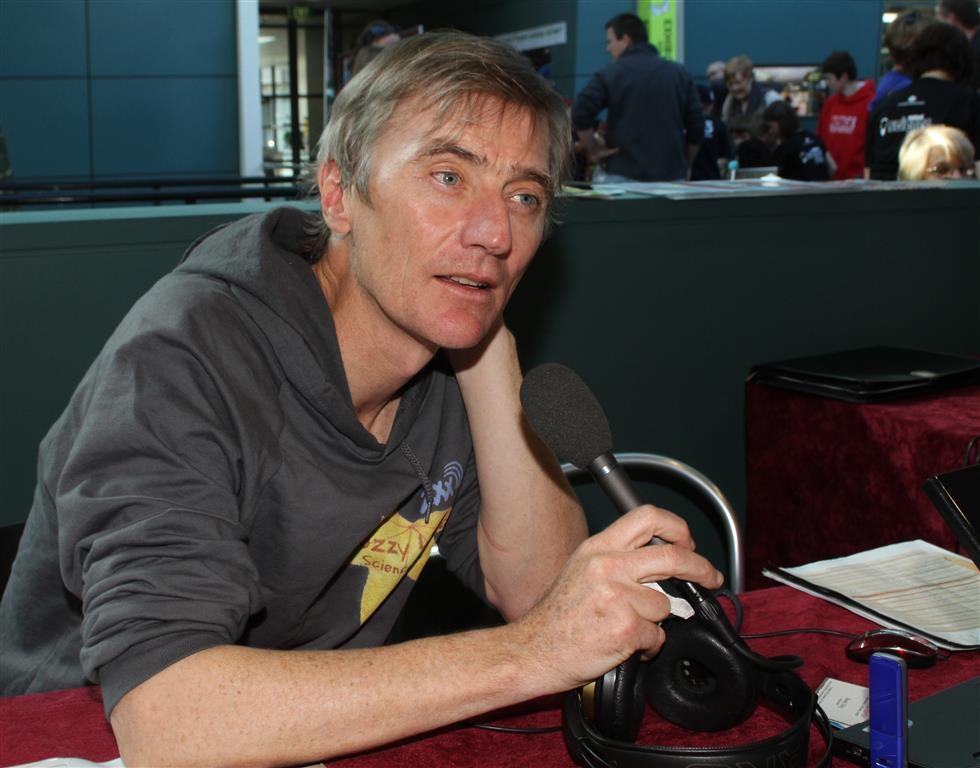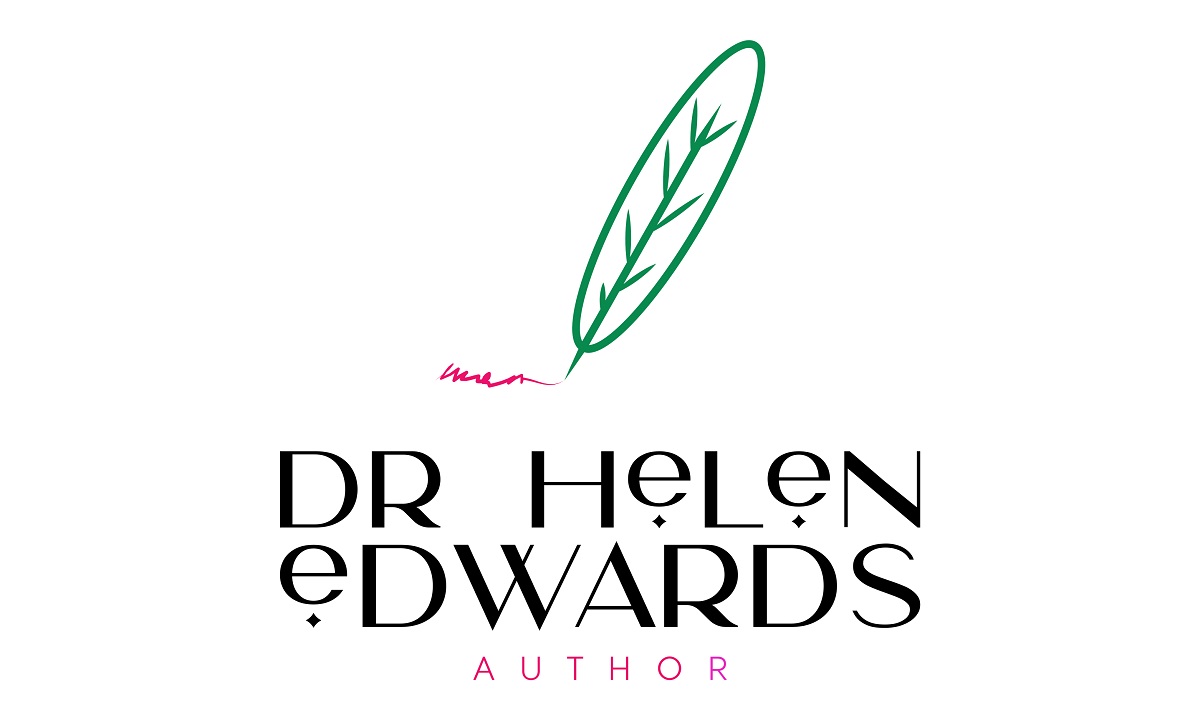Five Minutes with Rod Taylor #LoveAusAuthors

Rod Taylor says the world is a fascinating, complicated, sometimes bright, sometimes frightening place. It’s all of these things that lead him to write; the stories and the ideas.
‘When someone reads your words, you are for a moment, connected. Your thoughts enter their world for a time and, if they resonate, they stay with them.’
Rod says that writing also forces him to articulate half-formed thoughts.
‘Are your beliefs valid, do they stand up to rigorous examination? Explaining them to someone else requires explaining them to yourself. Writing is difficult. Never believe a person who says it’s easy. Forming thoughts into words is a complex intellectual puzzle with many solutions. I love it.’
Rod believes we are entering ‘dark and dangerous times,’ and that those of us who are alive now are the only people who can change that. He wants to share the stories of people who have a vision and are doing something about it.
Five Things About Rod’s History
- I sometimes ask people if they have a personal memory that in some way defines them. For me, it’s age maybe 6 years old, sitting in the sun, on a log in the back yard. Contemplating.
- My Dad was a senior career soldier with many of the things that go with that. However he was unconventional, not your usual military type. Analytical. I miss him.
- Mum is fiercely intelligent and somewhat eccentric. Very articistic. She loves words. An Introvert, which was at times challenging for her as an army wife.
- An offhand remark by Dad when I was around 8 years old left me brooding for weeks about the environment. The funny thing is, he was no environmentalist.
- My first profession was IT, which was fun in the earlier days. That paid well but became personally unrewarding. For the last 15+ years I’ve also being doing media. The pay is terrible but the work extremely rewarding.
Rod says that the things that have happened since publishing his book, Ten Journeys on a Fragile Planet, have been amazing. He doesn’t look at sales figures because, he says, alongside the other things that have happened as a result of the book, it doesn’t matter. Much…
Rod’s first newspaper story was published around 2007 and he has published a weekly science column for Fairfax / Aus Community Media for 11 years. One of these was featured in The Best Australian Science Writing. He is currently co-editing a compilation of major writers on the Green New Deal, featuring A-list writers such as Will Steffen and Michael Kirby.
‘I’ve written for magazines such as The Big Issue and various motorcycling publications. While they’re a bit different to my science columns, always it’s the story. The story is the thing. Even before I was published I was writing a blog. One of those stories we broadcast on ABC Radio.’

Five Things That Help Rod Keep on Writing
- Don’t become a writer if you want to eat. My daughter Katie (a prolific author) told me, write because you must. Well that’s great, but being published is better. Being paid occasionally is better still.
- For the newspaper I have a weekly deadline, so if nothing else…
- I love sciencey stuff and I’m gravely concerned about the environment. Finding ways to express that keeps me going. I have a purpose.
- People’s reactions amaze and delight me. It moves me that people would want to discuss my work. This week, I’m talking to professors (x 4!) from the university about a book event. They came up with the idea. It moves me that they would want to do that.
- I sometimes enjoy reading stuff I’ve written earlier. I suppose that’s a good sign. Sometimes I read it and think, who’s the idiot who wrote this?
Rod says he is an optimist, but it’s becoming increasingly clear that we are ‘perilously close to disaster.’ He has co-edited a significant book that looks in depth at sustainability and says, it’s a different market but with A-list writers. Following on from that he is co-writing a popular market book that covers many of the same themes, called Civilisation 2.0.
‘Whatever so-called ‘sustainability’ is, it looks nothing like what we are doing now.
In my own tiny, sub atomic way, I’m trying to avert that.’
Rod wants to see a radical change in the way we perceive ourselves and our planet.
‘Right now, we’re operating on the assumption that infinite growth is both desirable and possible.’
He is contemplating a book about the end of science. It’s a huge and complicated topic, so he is hesitant, but says that almost nobody has touched this topic and the field is right open. In the future he plans to ride his bike, spend time with family and friends, and hopes to see his kids and their kids, thrive. Finally, he wants to go back to that childhood memory, to sit in the sun and contemplate.
You can find out more about Rod’s book – Ten Journeys on a Fragile Planet, here.
Helen
